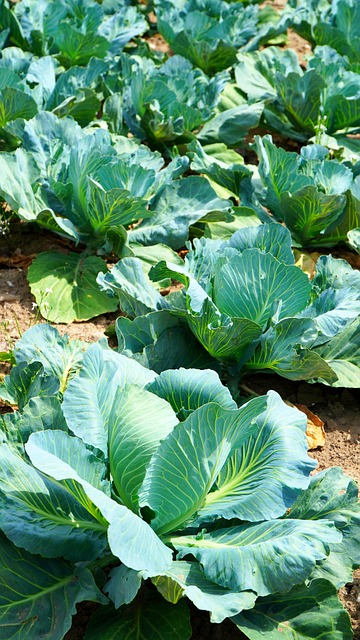Practical Agriculture Courses for Sustainable Farming Careers
Agriculture courses are evolving to meet the needs of modern food systems, blending traditional farming know-how with science, technology, and sustainability practices. Whether you’re a new entrant, a family farm successor, or a professional seeking upskilling, structured education and on‑farm training can close skills gaps and open career pathways. Programs range from short vocational certificates to diploma and degree-level study, and many institutions partner with local services and extension agents to provide hands‑on learning in your area. This article outlines what to expect from agriculture courses and how they support resilient farming and sustainable land use.

What is agriculture education and who is it for?
Agriculture education covers crop and livestock production, soil science, pest and disease management, business planning, and emerging fields like precision agriculture. Courses are designed for diverse learners: secondary students preparing for careers, adults changing professions, and producers seeking efficiency gains. Programs can be classroom-based, online, or blended with field practicums. Many institutions emphasize transferable skills—data literacy for farm management, regulatory compliance, and communication—so graduates can adapt to evolving market and environmental demands.
How do farming courses combine theory and practice?
Effective farming courses balance classroom theory with practical experience. Lab sessions teach soil testing and plant diagnostics, while field days and on‑farm placements let students apply techniques such as crop rotation, irrigation scheduling, and livestock husbandry. Simulation tools and farm management software are increasingly part of curricula to mirror real-world decision making. Work placements with cooperatives, research farms, or agribusinesses expose students to operational workflows, helping bridge the gap between learning and implementation on commercial farms.
How is sustainability integrated into agriculture courses?
Sustainability is a core focus across reputable programs, covering soil health, water conservation, integrated pest management, and biodiversity enhancement. Courses explore agroecological principles, regenerative practices, and lifecycle thinking to reduce environmental impact while maintaining productivity. Students learn to assess trade-offs—yield versus ecosystem services—and design systems that enhance resilience to climate variability. Modules often include policy and market dimensions so learners understand certification schemes, carbon management, and consumer expectations tied to sustainable production.
What education pathways lead to agricultural careers?
Education pathways vary by ambition and context. Short certificate and diploma programs provide practical skills for immediate farm work or technical roles. Associate degrees and bachelor’s programs add scientific foundations and management training for agronomy, extension, or agri‑business positions. Postgraduate study supports specialization in research, policy, or sustainable systems design. Apprenticeships, internships, and microcredentials are common alternatives that emphasize specific competencies and can be stacked toward higher qualifications over time.
What hands-on training and skills are taught in agriculture programs?
Training components emphasize crop and livestock techniques, machinery operation and maintenance, biosafety, and farm financial management. Students gain competencies in soil testing, seed selection, integrated pest control, animal welfare standards, and basic mechanics. Increasingly, courses include digital agriculture skills: GPS guidance, remote sensing, data analytics, and farm management information systems. Soft skills—leadership, risk assessment, and stakeholder engagement—are taught to prepare graduates for running enterprises or working with local services and community networks.
Conclusion
Agriculture courses today offer practical, adaptable education and training that reflects the complexities of modern farming and sustainability goals. By combining hands-on experience with scientific and digital tools, programs prepare learners for a range of roles across production, management, research, and advisory services. Choosing the right pathway depends on your career goals, whether you seek immediate technical skills or deeper academic specialization. Look for programs that partner with local services and provide field placements to ensure learning translates into effective, resilient farming practice.






